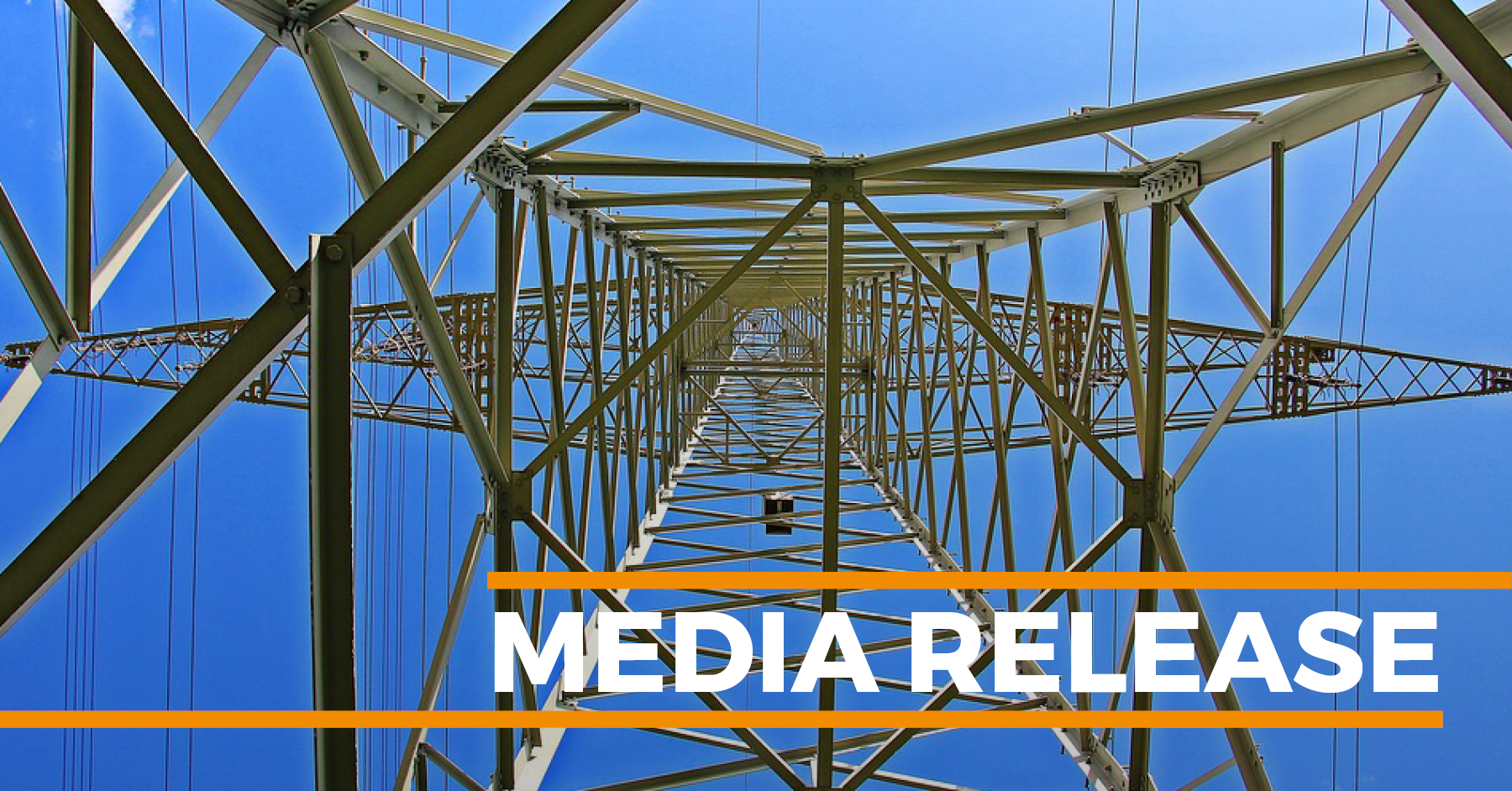Landmark report shows Victorian Government’s new policies are reducing energy disconnections, but energy companies are still falling short addressing consumer vulnerability
A new report shines a light on the Victorian Government’s ‘Payment Difficult Framework’ finding that disconnections have significantly decreased, but some energy companies are still giving vulnerable customers the cold shoulder.
Consumer Action Law Centre’s (Consumer Action) latest report – Energy Assistance Report: Tracking how Victoria’s changing energy policies are impacting households in the state – analyses data from calls that have come through the Victorian arm of the National Debt Helpline.
This data indicates that the Payment Difficulty Framework has been successful in reducing the number of people who have been disconnected from their energy services since the framework came into effect in January 2019. Consumer Action CEO, Gerard Brody says this is a significant achievement for the reform.
“Prior to the implementation of the Payment Difficulty Framework, our financial counsellors would hear from people whose energy services had been disconnected about once every two days,” he says. “This has dropped to zero since 1 January, in our sample.”
The data also shows a reduction in people with very large bills of more than $3,000 seeking assistance, which may indicate that retailers are helping people before debts balloon.
However, Brody cautions that there are ongoing issues with other parts of the framework that must be addressed.
“The way some energy retailers respond to customers in need of assistance is concerning. Threats of service disconnection are still rife even if actual disconnections are down. The process for accessing government assistance such as Utility Relief Grants is still too complex for many customers.
“Worryingly, many people who contacted the National Debt Helpline over the past six months said their retailers had placed them on payment plans, but that they still could not afford the agreed repayments.
“This indicates that there is work for Victoria’s energy regulator to do in order to hold energy companies to account.”
He says that unaffordable repayment agreements do not allow customers to effectively address their energy debts.
“The framework requires retailers to help those in serious payment difficulty to put their energy debts on hold for six months, but many of those holds will expire from this month. If customers are still unable to get the help they need to get out of arrears, they will be at risk of disconnection.”
Brody also notes that debts above $5,000 also have the potential to lead to forced bankruptcy, putting customers’ basic stability at significant risk. “We’ve seen cases of old energy debts being sold to debt collectors who then seek to use bankruptcy as a debt collection tool. Where the debtor owes property, this puts their house at risk over an energy bill, which is completely inappropriate.”
Consumer Action has welcomed the Essential Services Commission (ESC) plan to prioritise compliance and enforcement work on the Payment Difficulty Framework in 2019-20, noting that the data in this report should be helpful for the regulator’s work.
“Energy is essential to everyday life. We rely on energy to maintain our physical and mental wellbeing and enable us to function in society,” he says.
Report Key Findings:
- Energy disconnections have significantly reduced following the implementation of the Victorian Government’s Payment Difficulty Framework from 1 January 2019. The Payment Difficulty Framework was a major reform to energy regulation in Victoria. It created new requirements for energy retailers to assist people when they have difficulty paying a bill. Since the policy was implemented, zero disconnections have shown up in our sample of calls to the National Debt Helpline. Our data also shows that there has been a reduction in people with very large bills contacting our service and less inappropriate referrals since the new requirements were introduced. This does not demonstrate causation but is nevertheless a positive result.
- Energy Companies are still failing to comply with some aspects of the Payment Difficulty Framework. There are still examples of poor practices and the Essential Services Commission must take compliance and enforcement action to hold energy companies accountable and protect Victorians who are most at risk of losing access to essential energy services.
- Early intervention is important because energy debts can spiral out of control. Energy debts are the ‘canary in the coalmine’ for financial hardship and they lead to other debts when not adequately addressed with early intervention. Energy retailers have a social responsibility as essential service providers to assist people who are unable to pay their energy bills. This is formalised in the Payment Difficulty Framework.
- There is a strong relationship between receiving a Centrelink income and issues with energy debt. If the Federal Government was to raise the single rate of Newstart, Youth Allowance and other related payments by at least $75 a week, it is likely that the number of people struggling to pay their energy bills would decrease.
MEDIA CONTACT: 0413 299 567, media@consumeraction.org.au.
Does this sound familiar? If you or your client needs help with a similar issue, click here to contact one of our advice services.


